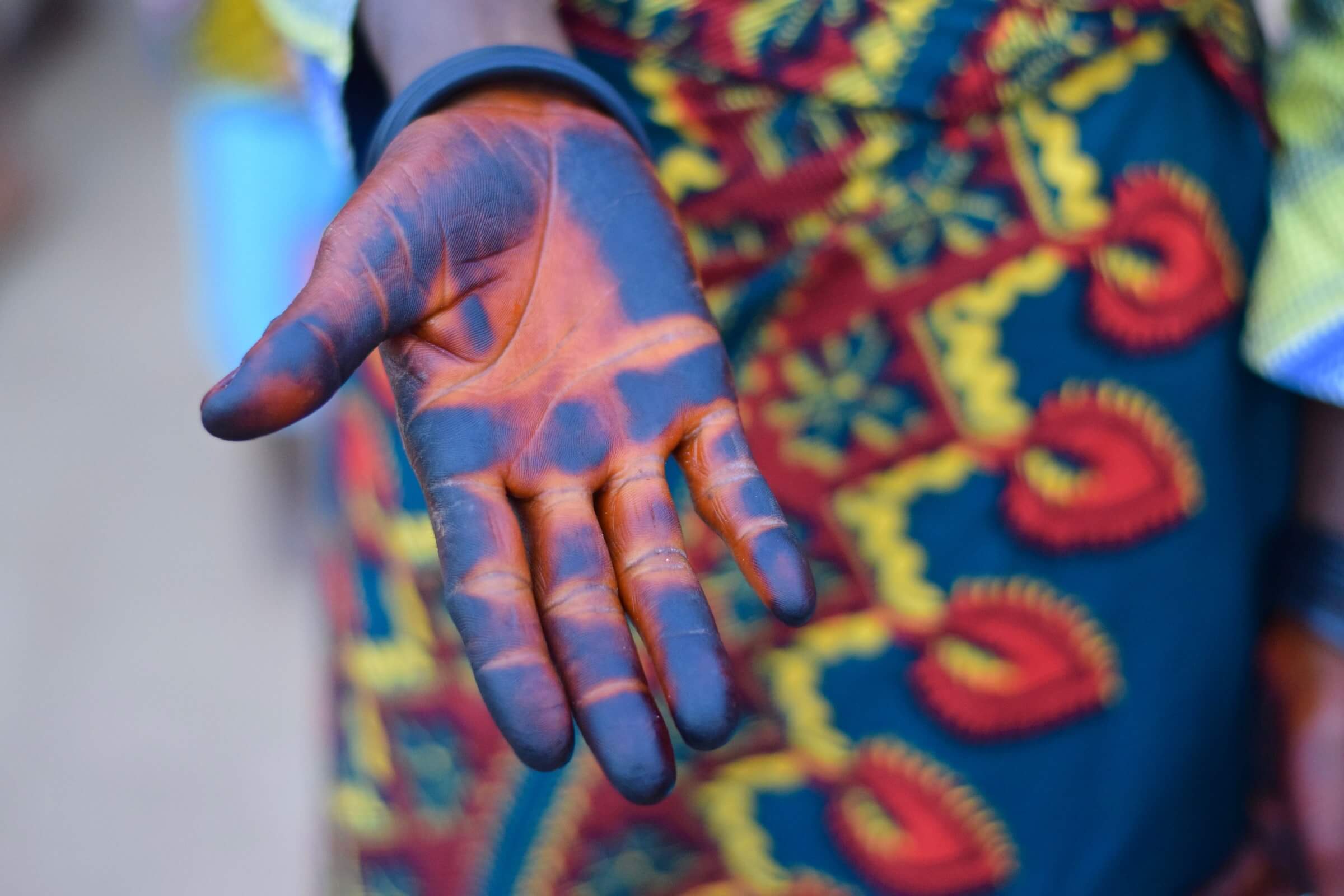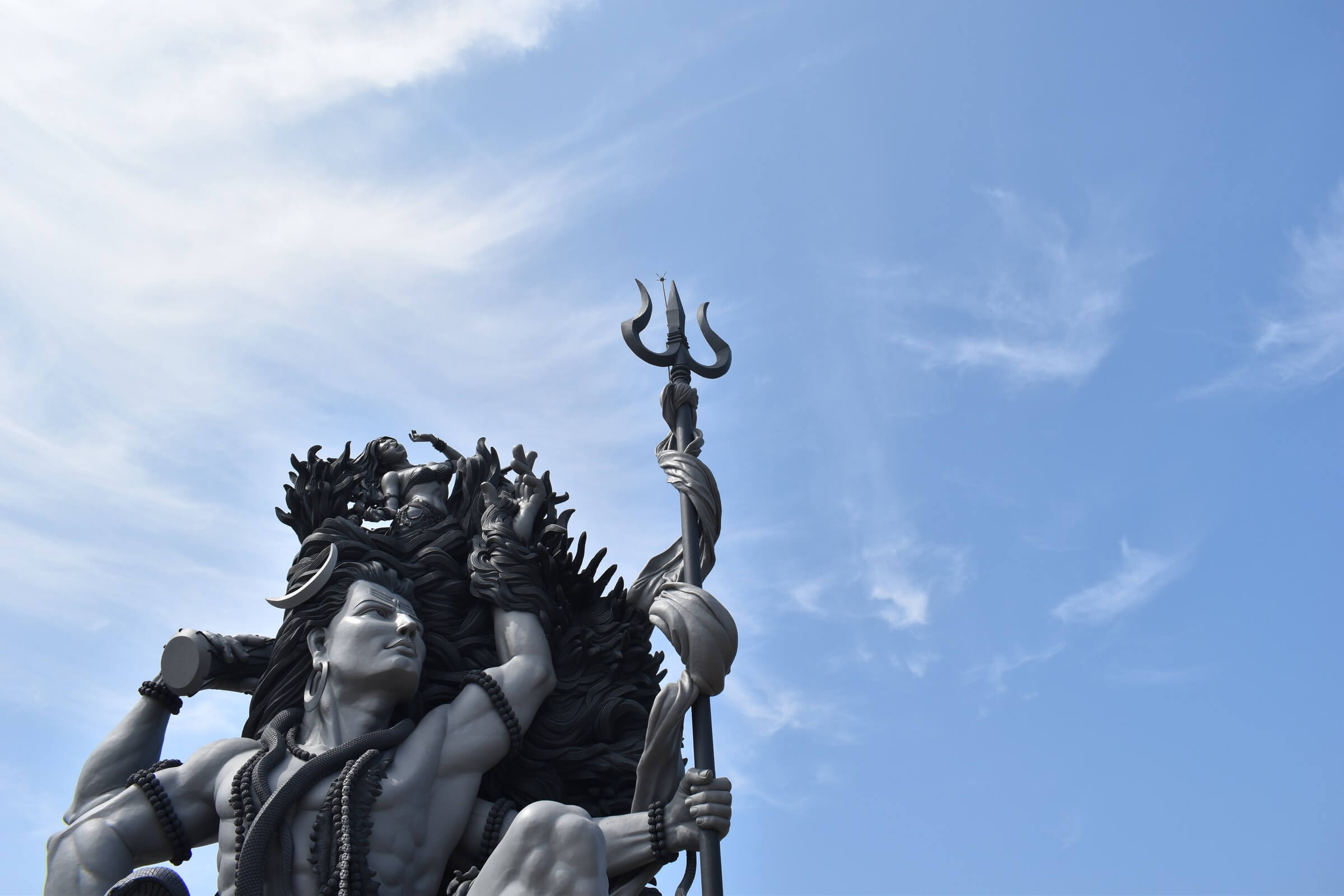On Humanism
Introduction
As more fully described in the history and impetus for founding The Ikoku Philanthropies, The Ikoku Group, The Ikoku Foundations and The Ikoku Trusts, contemporary mmadistic humanism as defined and interpreted by their sole Founder, Alvan Azinna Chibuzo Ikoku, is to provide a meaningful moral and ethical basis for ensuring the care, sanctity, sovereignty and spiritual or theological wholeness of human beings in contemporary society. As such, contemporary humanism entails the following commitments:
To Contemporaneity
— to always endeavor to treat humans, including the self as well as others, humanely and respectfully, as they are meant to exist as well as co-exist in communities, polities and societies, forming and developing in continual contemporaneity.*
To Being Human and Humane
— to have being human and humane entail, first and foremost, a most humble acceptance of the sacred existence of each human being as-is, that is, as born of sacred humanity, which is most evidently accepted and respected through each being’s inalienable enjoyment of autonomy, confidentiality and privacy, cognition and thought, consciousness and conscience, consent, dignity, equanimity, integrity, liberty, recognition and spirituality.
To Mmaduism
— to have being human and humane also entail, given the above, a most humble non-rejection of the sacred existence of each human being as-is, that is, as born and always, even in death, nwa mmadu, a person’s or someone’s child, whose fundamental humanity is seen and understood to be in relation to another that we know to be true, a relation that every person recognizes as basic, common and essential to themselves as well as others, and so must not be denied, rather must be dignified and accorded commensurate respect, made manifest in human reciprocity and humane treatment.
To the Ethics
— to have contemporary humanism emanate from, rest on and result in good faith attention to and fulfillment of the moral ethics, principles and tenets of reciprocity and so forms of co-existence, community, polity and sociality that are essentially and resolutely human and humane.
To the Groundings
— to also have each of the above grounded in inquiry and study, practice and work, reflection and elucidation, epiphany and revelation.
To the Attainments
— to have the aforementioned further derive from daily and dutiful engagement in belief, theory and practice, and from insights attained via comparative modes of human disciplines and societies, in particular, those of ecumenism, spirituality and theology; the arts; the humanities; the sciences; and the application of knowledge in civics, culture, law, medicine, politics and technology.
To the Offerings
— and to do the above constantly and continually in such a manner that the ensuing efforts and endeavors may serve as a means to practice and teach — as well as offer to others who wish to learn, practice and teach — that which elucidates contemporary humanism. And so The Ikoku Center makes accessible and available, for perusal and study, the following:
…
*Notes
— *for contemporaneity: which includes but also extends beyond experiences and ideas of simultaneity that have been theorized as integral to collectively imagined communities.
— *for offerings: with copyright and attendant real and intellectual property rights owned solely by Alvan Azinna Chibuzo Ikoku, and licenses and other permissions to be granted solely by this Founder by separate and express written instrument signed and sealed.
On the Offerings
Introduction
The word offering is employed in contemporary humanism in a specified sense, derived in part from its etymology — namely the bestowing, bringing or carrying before, the putting forward or presenting to a person or people that which forms the basis for learning, practice, teaching and spirituality. Such meaning and use of offering — and its specific importance, here, to contemporary humanism — therefore entails the following commitments:
With Respect to Guidance
It is, by now, evident to most who have been attentive and empathetic to present-day social and spiritual matters the complexities of co-existence in contemporary societies. Not just how fulfilling but also how difficult it can be to craft, live and maintain essential forms of co-existence in our contemporary life — namely, an ethical co-existence between self and various others; in communities constituted via difference as well as sameness; and in societies that, by nature, are porous and connected to local and global peoples. It can be said that to live ethically in the contemporary present — and to ascertain how to do so — is to deeply discern, protect and respect what is basic and common to all peoples one may encounter, and thus be both human and humane. So presented here, over a series of pages and panels, displayed at The Ikoku Center, will be The Guidances of Contemporary Humanism.
It is hoped that The Guidances will prove an illuminating distillation of a set of principles — those essential to the discernment, recognition and respect of a sacred and shared humanity that does, one proposes, exist in each human being, as-is, and by extension in the communities and societies they ethically form.
The Guidances of Contemporary Humanism shall therefore take a particular form, and offer to all who would read them 11 sets of propositions. These propositions are followed by 11 practices and 11 studies. Listed below, the ensuing sections are to be called:
…
With Respect to Elaboration
The Guidances of Contemporary Humanism are conceived and offered in the form of propositions. And in keeping with several known and studied liturgical materials, such Guidances shall develop an interpretative practice and tradition, eventually producing their attendant offerings in writing. The main purpose of these writings is to further elucidate the propositions of The Guidances — concepts, principles, tenets and sanctities; their underpinnings and implications; in the form of argument, history and theory, and dramatic art, narration and verse — with the result of such elaboration being a more capacious understanding of the basic scenes and substances of a life lived to meet — or at least contemplate — The Guidances.
Thus, also developed and offered for perusal will be The Literatures of Contemporary Humanism. The Founder proposes the following to be its corpus:
…
With Respect to Equanimity
Also evident, by now, is the importance of place and space in one’s ability to apprehend, contemplate and meet the basic principles of co-existence in contemporary societies. The Guidances propose that fulfilling this form of ethics — including its attendant duties and obligations to the self and others — is not possible without equanimity. Nor is equanimity — centrally placed in The Guidances — possible without fulfillment of the principles above and below it. How necessary, then, how urgent one would say, is access to and protection of a sanctuary. A place and space where one can expect to have protected, or safeguard oneself, the necessities of equanimity, of a central element of ethics, and by extension, the capacity for co-existence that is to be human and humane.
The Founder shall therefore endeavor to provide The Sanctuaries of Contemporary Humanism, at first, primarily via means that The Ikoku Center affords, but eventually, resolutely, also in geographic and physical form, in private property that he shall acquire and dedicate.
On The Guidances
Introduction
For further introductory and paratextual details about The Guidances of Contemporary Humanism, please go to the Introduction to The Guidances. Below you may also access The Guidances’ major sections, conceived and studied as panels and partitions that constitute a liturgy:
I — First Propositions
II — Second Propositions
III — Third Propositions
IV — Fourth Propositions
V — Fifth Propositions
VI — Sixth Propositions
VII — Seventh Propositions
VIII — Eighth Propositions
IX — Ninth Propositions
X — Tenth Propositions
XI — Eleventh Propositions
A — The Practices
B — The Studies
On The Literatures
Introduction
For further introductory and paratextual details about The Literatures of Contemporary Humanism, please go to the Introduction to The Literatures. Below you may also access The Literatures’ major works, conceived and studied as texts that constitute an aesthetic and hermeneutic corpus:
A — Core Textual
The Cantos
The Histories
The Novels
The Theatres
The Theories
B — Paratextual
The Sources
The Theologies
On The Sanctuaries
Introduction
For further introductory and paratextual details about The Sanctuaries of Contemporary Humanism, please go to the Introduction to The Sanctuaries. Below you may also access The Sanctuaries’ actual and proposed sites, conceived and visited as places that constitute an articulated space where equanimity may be attained, maintained and regained:
At The Ikoku Center
At The Ikoku Philanthropies
At The Ikoku Trusts and Foundations
At Geographic Locations
Also at The Center
As stated earlier, The Ikoku Center is dedicated to enhancing awareness and engagement, ethics and knowledge among people and communities in a range of connected and shared societies. And so along with the above, The Center also provides to those visiting its sites the following offerings:
Developments in Education and Research
The company ethics and policies are carefully crafted, then adhered to by a range of individuals and divisions working in varied relation to The Ikoku Group to establish, develop and provide a private company dedicated to fostering care and creativity, ethics and innovation.
Opportunities to Engage, Join and Contribute
Who take as their basis the most robust conceptions of respect, humanity, integrity, civil liberties and civil rights — up to and beyond what the law protects and provides for — as they carry out and embody the mission and purposes of The Ikoku Group.
Teachings and Writings in Ethics and Spirituality
And who also join in ongoing efforts to ensure that The Ikoku Group, its Divisions and its Products and Services remain safe, secure and respectful places to do work, to express and discuss, to teach and learn, to form, inform and even alter local and global communities.
More About Us


















